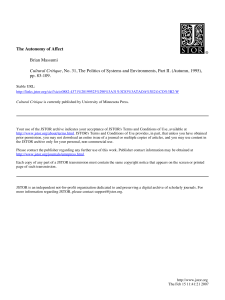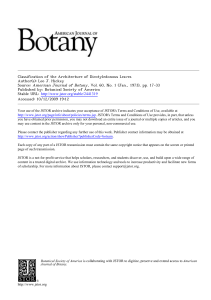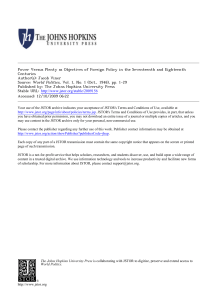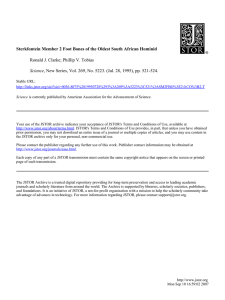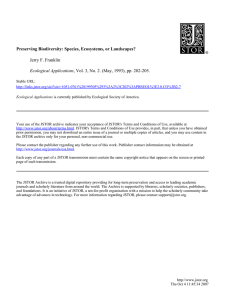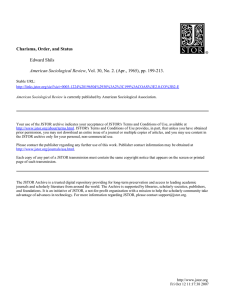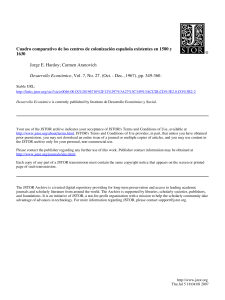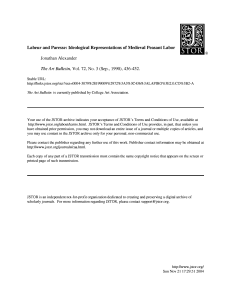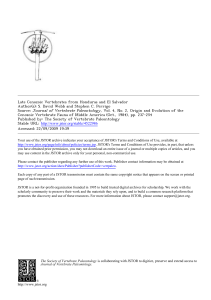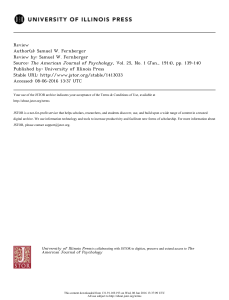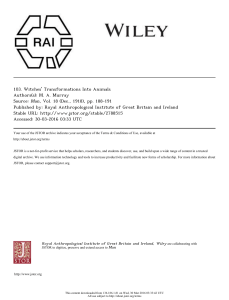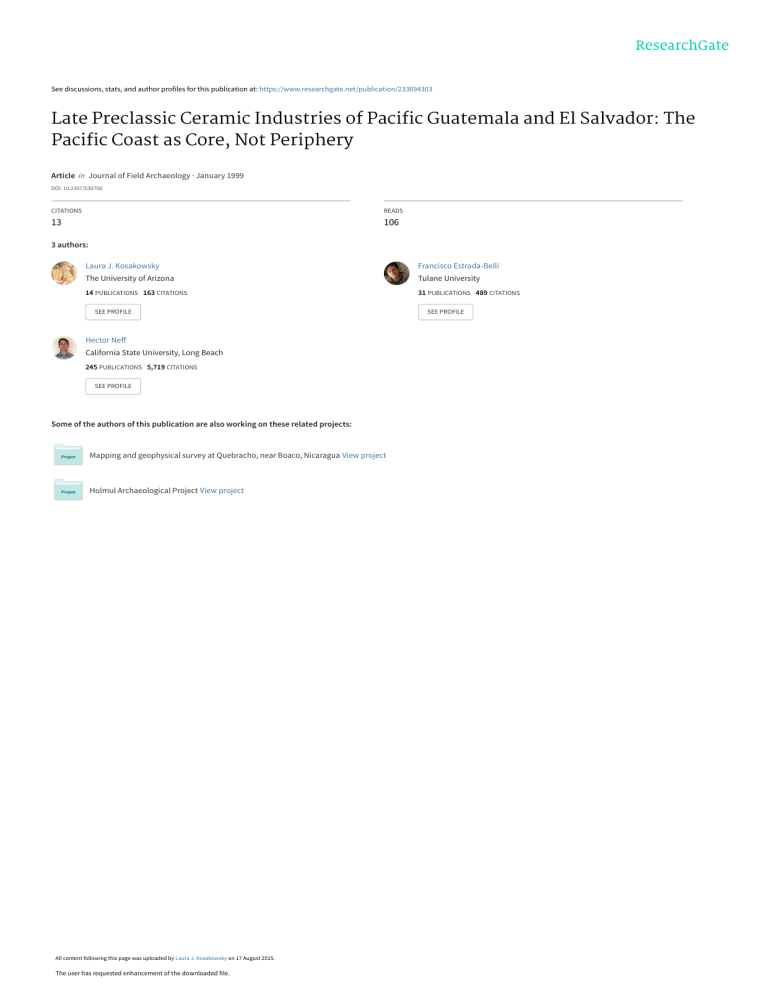
See discussions, stats, and author profiles for this publication at: https://www.researchgate.net/publication/233694303 Late Preclassic Ceramic Industries of Pacific Guatemala and El Salvador: The Pacific Coast as Core, Not Periphery Article in Journal of Field Archaeology · January 1999 DOI: 10.2307/530700 CITATIONS READS 13 106 3 authors: Laura J. Kosakowsky Francisco Estrada-Belli The University of Arizona Tulane University 14 PUBLICATIONS 163 CITATIONS 31 PUBLICATIONS 489 CITATIONS SEE PROFILE Hector Neff California State University, Long Beach 245 PUBLICATIONS 5,719 CITATIONS SEE PROFILE Some of the authors of this publication are also working on these related projects: Mapping and geophysical survey at Quebracho, near Boaco, Nicaragua View project Holmul Archaeological Project View project All content following this page was uploaded by Laura J. Kosakowsky on 17 August 2015. The user has requested enhancement of the downloaded file. SEE PROFILE Late Preclassic Ceramic Industries of Pacific Guatemala and El Salvador: The Pacific Coast as Core, Not Periphery Author(s): Laura J. Kosakowsky, Francisco Estrada Belli, Hector Neff Source: Journal of Field Archaeology, Vol. 26, No. 4 (Winter, 1999), pp. 377-390 Published by: Boston University Stable URL: http://www.jstor.org/stable/530700 Accessed: 01/12/2008 18:20 Your use of the JSTOR archive indicates your acceptance of JSTOR's Terms and Conditions of Use, available at http://www.jstor.org/page/info/about/policies/terms.jsp. JSTOR's Terms and Conditions of Use provides, in part, that unless you have obtained prior permission, you may not download an entire issue of a journal or multiple copies of articles, and you may use content in the JSTOR archive only for your personal, non-commercial use. Please contact the publisher regarding any further use of this work. Publisher contact information may be obtained at http://www.jstor.org/action/showPublisher?publisherCode=boston. Each copy of any part of a JSTOR transmission must contain the same copyright notice that appears on the screen or printed page of such transmission. JSTOR is a not-for-profit organization founded in 1995 to build trusted digital archives for scholarship. We work with the scholarly community to preserve their work and the materials they rely upon, and to build a common research platform that promotes the discovery and use of these resources. For more information about JSTOR, please contact support@jstor.org. Boston University is collaborating with JSTOR to digitize, preserve and extend access to Journal of Field Archaeology. http://www.jstor.org View publication stats
